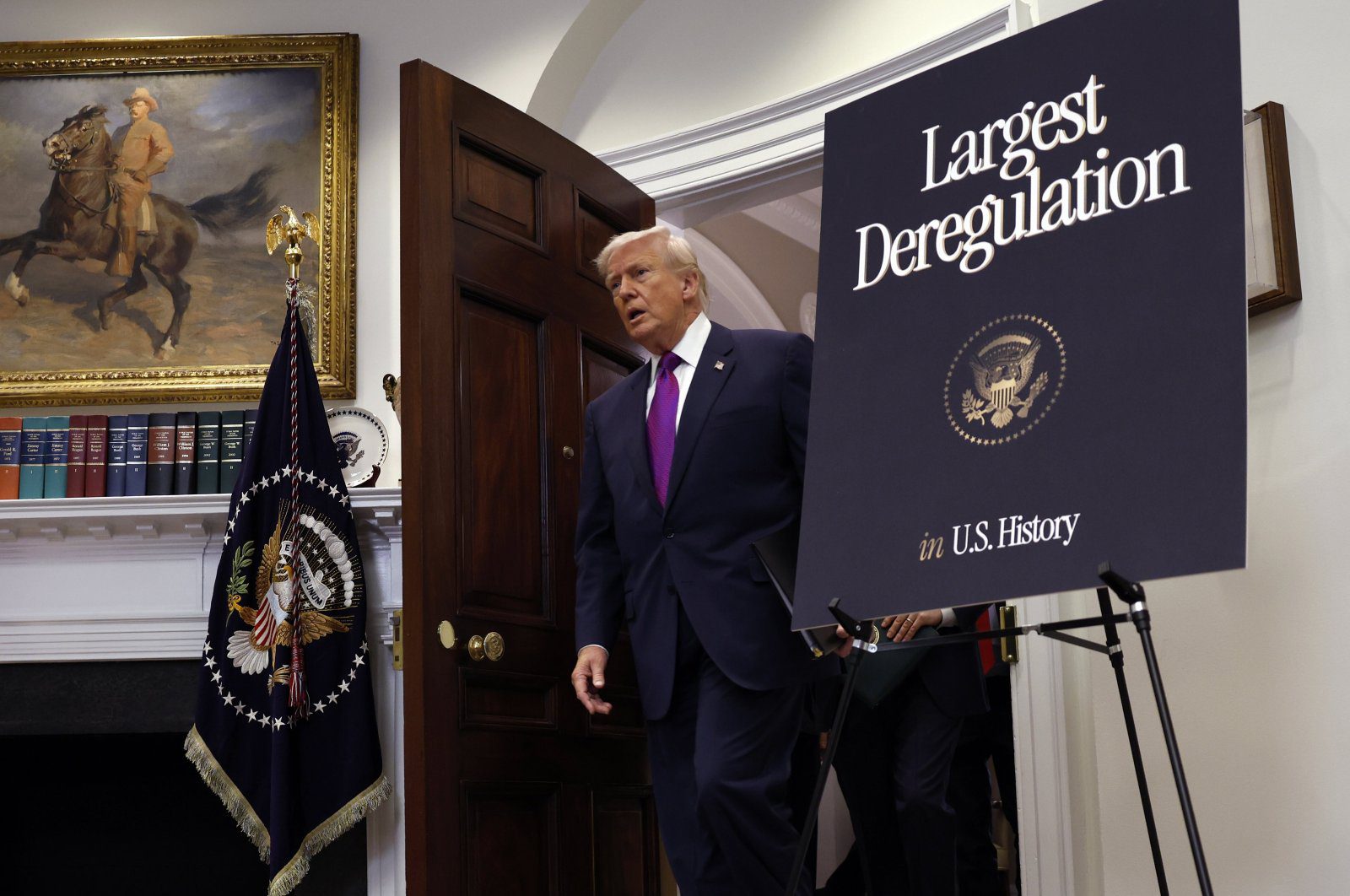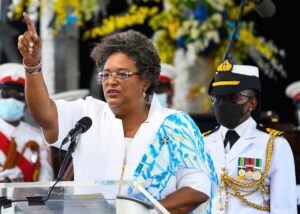Key Impact Points
- Oil and gas operations threaten 25% of coral reefs, 20% of seagrass beds, and 40% of mangrove forests in the Coral Triangle.
- 80+ marine protected areas (MPAs) are fully covered by fossil fuel blocks, with many still in exploration phases.
- The Princess Empress oil spill contaminated critical ecosystems and displaced 20,000 families dependent on fishing and tourism.
The Coral Triangle’s Growing Fossil Fuel Threat
The Coral Triangle, a biodiversity hotspot spanning seven countries in Southeast Asia and the Pacific, faces escalating risks as fossil fuel operations expand. A new report titled “Coral Triangle at Risk: Fossil Fuel Threats and Impacts” highlights how oil and gas exploration overlap with fragile ecosystems, posing severe environmental and economic consequences.
“The coral reefs there are the most incredibly biodiverse in the world,” said Gabby Ahmadia, vice president of area-based conservation for WWF-US. “A scuba diver could dive a thousand times and still see new things each time.”
The Princess Empress Oil Spill
The 2023 sinking of the Princess Empress off the Philippines released 200,000 gallons of industrial oil, devastating coral reefs, mangrove forests, and seagrass beds. More than 20,000 families lost their livelihoods.
“Oil can injure marine mammals, asphyxiate mangrove trees, and halt coral growth or reproduction,” the report notes, citing data from the National Oceanic and Atmospheric Administration.
Overlapping MPAs and Fossil Fuel Expansion
While 600 MPAs are designated across the Coral Triangle, only a fraction are fully protected, leaving ecosystems vulnerable. Alarmingly, 80 MPAs are entirely covered by oil and gas blocks, half located in Malaysia.
Change the World - Subscribe Now
John Amos, founder of SkyTruth, emphasized: “It’s clearly the intention of national governments to pursue that revenue source.” Satellite imagery reveals oil pollution linked to vessel traffic, with slicks large enough to cover the Solomon Islands.
Call for Action at COP16
At the UN Biodiversity Conference (COP16), the report called for a moratorium on fossil fuel expansion near vulnerable habitats. Marine scientists further urged world leaders to enforce stronger protections.
“All countries need to phase out fossil fuel as a key strategy to protect biodiversity,” said Gerry Arances, executive director at CEED.
Climate Change Compounds the Crisis
Rising ocean temperatures are already stressing coral reefs in the region. Expanding fossil fuel operations would amplify these pressures, potentially leading to mass bleaching events and further ecosystem collapse, WWF warns.
Amos concluded: “The Coral Triangle sits in the middle of one of the worst global hot spots of chronic oil pollution.”
Protecting the “Amazon of the Seas”
The Coral Triangle hosts 80% of the world’s coral species and supports 120 million people who rely on its resources. Without decisive action to halt fossil fuel operations, this ecological treasure risks irreversible damage.

 Follow SDG News on LinkedIn
Follow SDG News on LinkedIn











